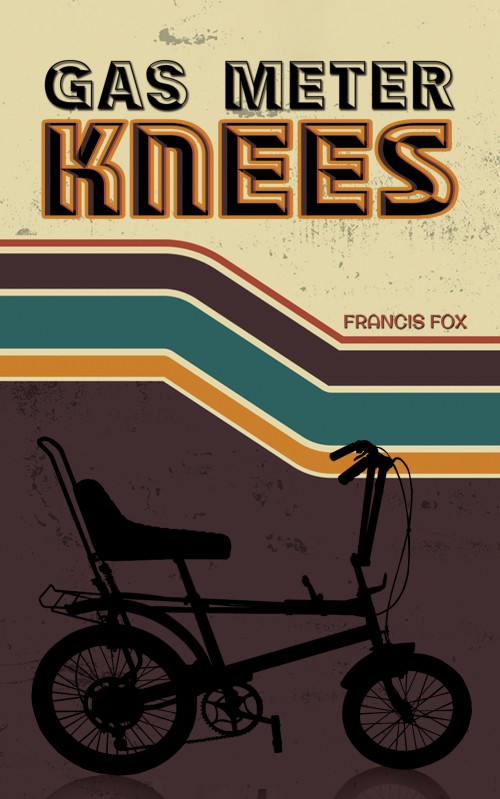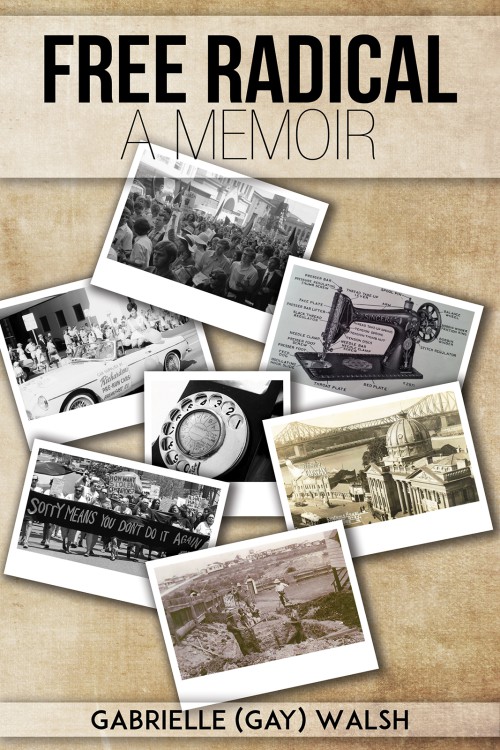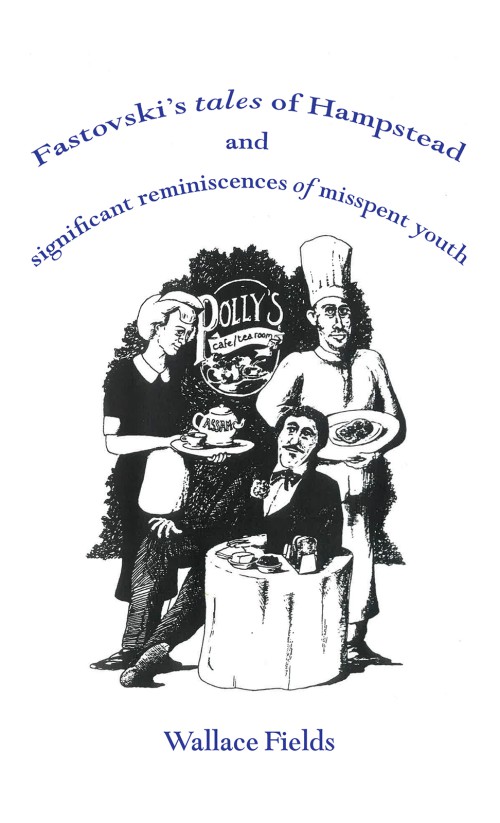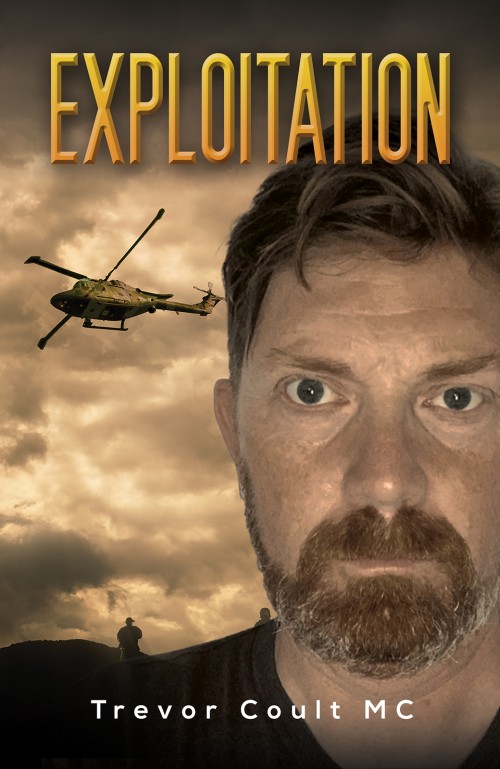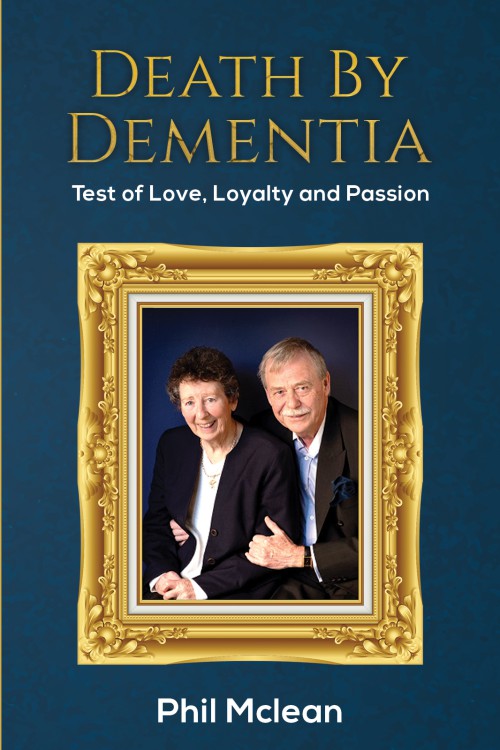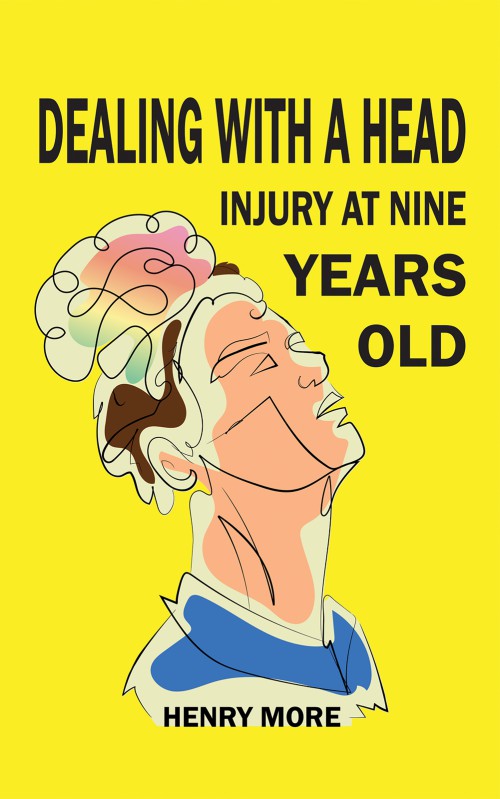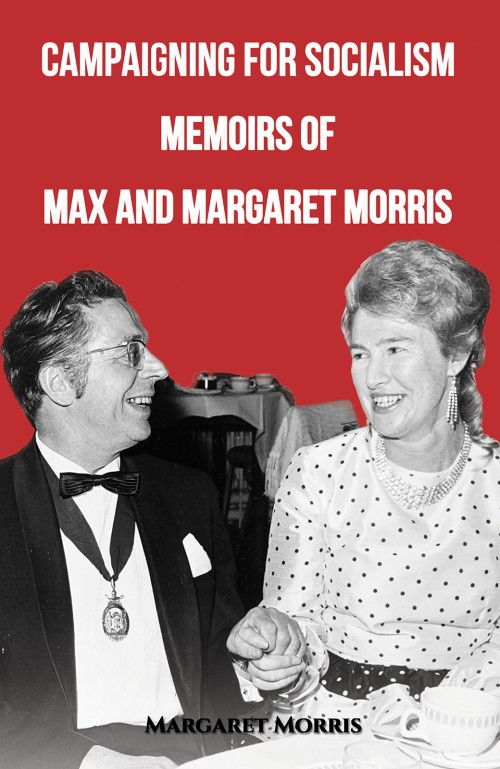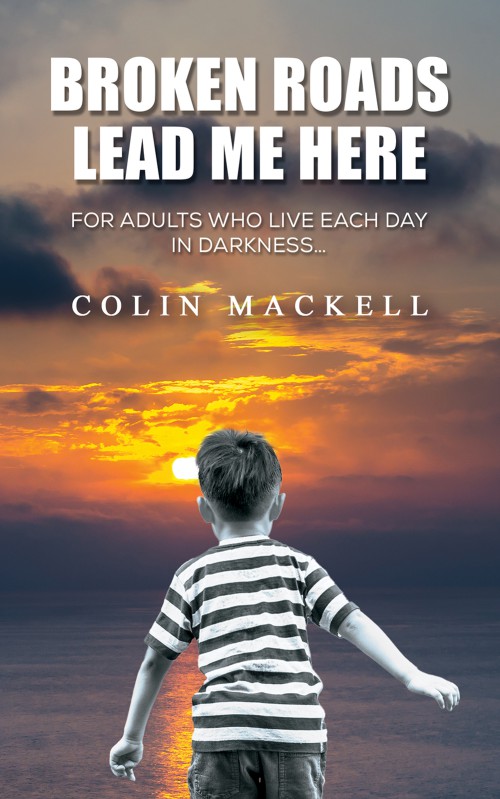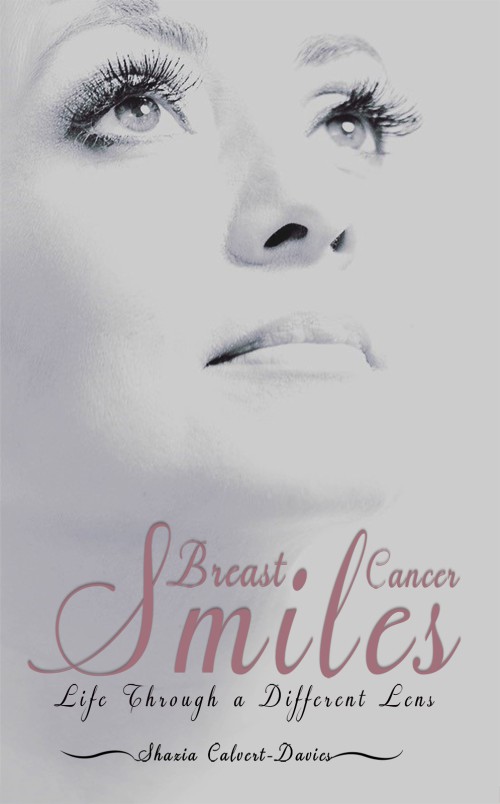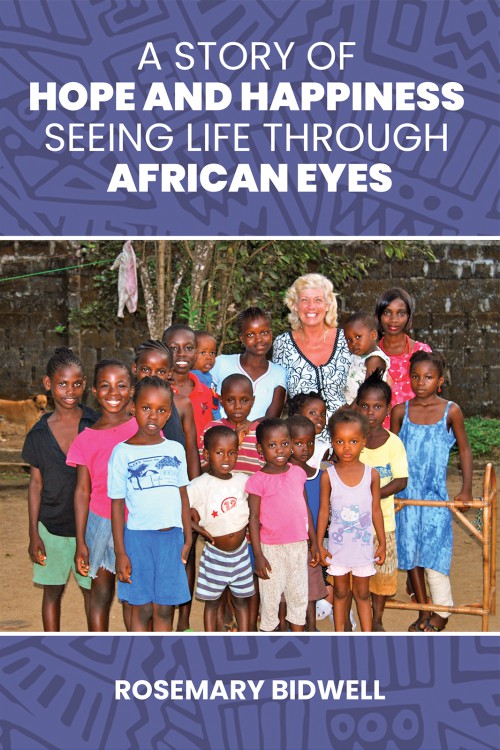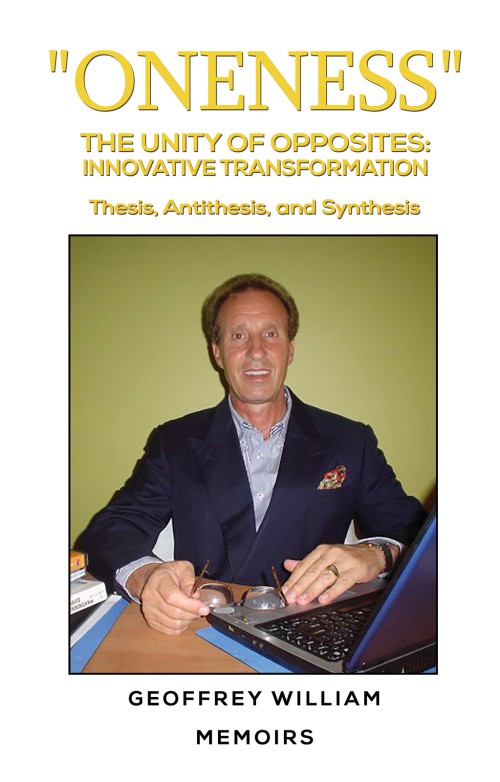-
Gas Meter Knees
“It wasn’t until I was 13 that I realised pressing 50 pence pieces into Plasticine sheets and filling the impressions with water, freezing overnight and quickly using the ice coins in the electric meter slots wasn’t normal behaviour.” From raiding the bins of London fashion labels, to being asked to bury dead bodies in a flyover, being beaten unconscious twice in one day, to regularly driving my inebriated maths teacher back to school for a fee, finding my boss dead in a mysterious suicide and dragging a teetering motorcyclist to safety on a busy A3 flyover to avoid certain death, the weekly war with the bailiffs doggedly trying to repossess my TV, and finally an attempt to emulate Evel Knievel by jumping a pickup truck in Wimbledon Stadium. I learned the hard way that nobody was going to save me except myself – all this before the age of 16. A real-life rags-to-relative-affluence story which takes us from humble SW17 origins to the bustling streets of Singapore and Tokyo. The story is as diverse and delightfully absurd as it gets. If I hadn’t lived every moment, I wouldn’t believe it either.
£12.99 -
Free Radical
A fascinating account of life in a period of great social and political change. Gabrielle Walsh discusses her personal experiences of pursuing feminism and gay rights amidst the stigma and tradition of a patriarchal society. Traversing the period from the beginning of the 1950s until the present, it is the story of an activist who also honours those who contributed to the great social and political movements aimed at freeing our world. The discussion of sexual liberation and race relations are equally thought-provoking. The anecdotes and details of family life, set against the backdrop of pivotal historical events, provides an insight into the personal inherent in every political situation. This work shares a progressive political tradition with a cheeky storytelling genre found in Anglo-Irish literature. It is exuberant, lively and amusing. Written with warmth and compassion, this work provides a platform for important conversations still necessary for our society today.
£13.99 -
Fastovski's Tales of Hampstead
Imagine that Isaac Babel’s Cossacks wassail together with Runyonesque Liverpool Jews outside the plate-glass window of a Hampstead café where a Klezmer band is playing to a packed and tea-drinking congregation of jazzmen, Hasidic scholars, surrealists, old soldiers, and retired strippers; and you have the tone and temperature of this unique and unclassifiable memoir – no, not memoir, more a stream-of-consciousness novella – no, not a novella but a piece of autobiographical fiction – no, not autobiography but a picaresque drama conquered from the unreliable and fertile brain of the eponymous Fastovski.
And who is Fastovski? Is he real or invented? Is he perhaps the alter-ego of real-life jazz pianist, Klezmer swinger, big band leader and flaneur, Wallace Fields, who stares at us from the book’s frontispiece in shades, Diaghilev coat and moustache, over a cup of strong black coffee? Fastovski’s not telling and anyway, who cares.
This is a book to be devoured, disseminated, denounced, and delighted in. It belongs to all who think art and life are one and that the Arch-Savant of Canterbury, Issy Bonn, Rashid the Manic Berber Chef of NW3, and Mrs Karl Popper, have an equal claim on history. I haven’t had such a good time since I shared Sir Ralph Richardson’s motorbike with a parrot and a striking grandmother clock.
Piers Plowright
August 2008£13.99 -
Exploitation
In Exploitation, readers are taken on a heart-wrenching journey through the mind and experiences of a frontline soldier. Through intense and extreme pressure, the soldier must navigate their way through the challenges of combat and emerge on the other side. With raw and emotional storytelling, this book offers a unique insight into the thoughts and actions of those on the front lines, leaving readers with a deeper understanding of the challenges and sacrifices of military service.
£16.99 -
Death by Dementia
You have two extremely active individuals, mid-60s, looking to many more years of future travel, boating, loyal companionship and retirement. How things can change! Not feeling well in one instance, forgetting what one did with the car keys in the other.
A routine unconcerned visit to the GP, subsequent referral to a specialist and in 48 hours your life is in turmoil.
“You have dementia Mrs Mclean, it’s in the early stages and in your case the CT scans have identified Alzheimer’s. No, there is presently no cure.”
We then roll the dice once more. “You have a carcinoid tumour Mr Mclean. Its metastatic and barely noticeable. However, we have made an appointment for you to see a leading professor of oncology who may put you on trial for a new form of tumour suppressant.”
It’s the two words that everyone fears dementia and cancer.
This, therefore, is a deadly personal journey dealing with the many and varied implications of dementia. In this instance it meant caring for my best friend, confidant, advisor, lover and wife of 50 years, whilst fighting my own diagnosis.
Misdiagnosed, undiagnosed, misunderstood and often denied, this killer with no conscience, now mainstream, leaves but an empty shell as a memory.
If you know anyone with dementia, have been diagnosed in the early stages of dementia or if you are caring for a person with dementia, then you should definitely read this story of love, loyalty, passion and patience. A tale of never-ending belief in the future.
£11.99 -
Dealing with a Head injury at Nine Years Old
After suffering a severe head injury at nine years old, Henry has embraced the difficulties of his condition. In this book, he depicts what it was like growing up between the ages of thirteen and twenty-five with a small learning disability. His quirky and bold writing style makes the reader engage their critical thinking, as they wonder whether he will win out in the end.
Unlike most memoir writers, Henry chooses not to end his story; he wonders if he will ever need an ending. Brain damage is a tricky topic and Henry certainly isn’t easy on himself. After reading his first-person account of waking up from a coma, the reader may wonder how he has been able to accomplish so much. In the end, and in the light of his parents’ support, Henry will never know how much his head Injury has really affected his life.£10.99 -
Campaigning for Socialism: Memoirs of Max and Margaret Morris
Equality of educational provision became one of the objectives of the Labour Party exactly a century ago. Vigorous campaigning by the teachers’ trade unions and the Socialist Educational Association led to a period of progress in the 1960s to the early-1980s, but this was later undermined. Today the economic conditions and educational plight of British working class children are a disgrace and class divisions are greater than ever. For many years Max was a key figure in these battles and his memoirs provide a clear picture of events and the political forces involved. Readers must judge whether they provide an explanation for the lack of progress or could serve as a guide for the future.
Both Max and Margaret were active in wider socialist campaigning. Max was a party loyalist whereas Margaret only stayed within a party while in agreement with its key policies. She was a Labour Party activist and Council candidate in the 1950s but left over the failure to support CND. Re-joining later, she left over the war in Iraq. She had come to realise that First Past the Post undermines democracy.
The main targets of Margaret’s campaigning were housing problems and widening access to Higher Education. Max and Margaret shared objectives and actively assisted each other in their campaigns but did not always agree about the route forward. So their memoirs provide two perspectives on past events.
£19.99 -
Broken Roads Lead Me Here
Broken Roads Lead Me Here tells the true-life story of a boy born into unimaginable abuse in Glasgow in the sixties. By the age of eight, Colin had been abandoned by his mother and continued to be sexually, physically, emotionally, and spiritually traumatised by the man she left him with. Blunted by severe trauma, Colin went through one unimaginable nightmare after another, each more traumatising and soul shattering than the last, with no one to tell and no way to understand why. He wondered as he drifted through life, what was to really become of him? Or his half-sisters? All the while, deep down, sensing that one day it could be his last.
At fifteen, he was thrown out of school, and at sixteen he was sent to prison. Colin survived rejection, abandonment, homelessness, gang wars, addiction, mental illness, overdoses, suicide attempts, and abusive adult relationships. But it always seemed as if he was living on borrowed time…
Even as he started writing his memoir, Colin had suffered a stroke, and near his recovery’s conclusion was then diagnosed with what was initially suspected as pancreatic cancer. While Colin’s diagnosis was eventually re-assessed as not immediately life threatening, it did leave him with a series of conditions which would continue to limit the quality of his day-to-day life. His illnesses and his experience of this instead of instilling a sense of profound hopelessness surprisingly led him to a profound sense of inner peace, clarity, and re-awakened purpose through his renewed faith in the real presence, love, forgiveness, and grace of God. His is a miraculous story of faith and redemption.
Colin Mackell is a husband, father, and grandfather. In his professional life as Psychotherapist, he has helped people who struggle to overcome drug and alcohol addiction, and helps them find new meaning, and explore new life paths. He is also the founder of Chrysalis Supported Association & Group CEO of Chrysalis Group Services, providing homes and support to some of life’s most vulnerable and disadvantaged people.
£14.99 -
Breast Cancer Smiles
On a cold day in February, 2018, Shazia goes from a tennis court in the morning to a hospital in the afternoon where she is diagnosed with an aggressive form of breast cancer. As her journey unfolds, humour becomes her crutch, writing becomes her tool and a powerful connection to her South Asian roots becomes her purpose.
This isn’t a tale of cancer and the devastation it undoubtedly brings. It’s the story of a life-altering journey enriched by time. Shazia tells a tale of re-birth swathed in love, humour and pain. She unveils the shame of breast cancer in her birth culture that is killing women before their time. In her birthplace, Pakistan, cancer is casually known as ‘the kiss of death’.
For Shazia, it is quite the opposite. This is life through a different lens and a questioning of the status quo. Her musings provoke debate and challenge existing beliefs, holding up a different mirror to society. These chronicles are written during 18 months of chemotherapy, sepsis, surgery and radiotherapy. They are written with hope and an intermittent smile.
£10.99 -
A Story of Hope and Happiness
This is a story of triumph over adversity – an absorbing, thought-provoking, sometimes amusing but often heart-rending account of British businesswoman Rosemary Bidwell’s struggles to set up and run an orphanage in Sierra Leone, West Africa, for orphaned street children – youngsters whose parents had been savagely killed in a truly awful civil war.
Read how, against seemingly insurmountable odds, Rosemary founded the Cotton Tree Children’s Trust charity in 2006 and set about raising thousands of pounds through donations, sponsorship, talks and myriad fund-raising events to give 20 African children a second chance in life.
Through her charity, Rosemary provided her charges not only with a roof over their heads, regular meals, clothing and general welfare and educational support, but love and affection.
Read, too, how Rosemary had to overcome all manner of obstacles on the way to achieving her goal: everything from corruption, bribery, fraud and interrogation by police for 11 hours without diplomatic representation to being falsely accused of child trafficking and suffering a suspected heart attack and having to be airlifted home.
Despite the trials and tribulations, Rosemary has overcome the many and varied setbacks she encountered over a period of 18 years. Today, thanks to her dedication, perseverance and Christian beliefs, the Cotton Tree children can now face the future with confidence and know that they have been given an opportunity to prosper in life that, sadly, has been denied to so many other Sierra Leone children.
£19.99 -
"Oneness" The Unity of Opposites: Innovative Transformation
This book is a take on ‘Paradise to Hell’ real-life stories, about real-life under-performing businesses located in real-life countries, operating in real-life industries at a time of real-life challenges in the name of innovative transformation. My life as an international business consultant; Impresario. From India to Indonesia. From Bangladesh to Australia. From Silicone Valley to Malaysia. From the northern hemisphere to the southern hemisphere. From West to East. From on-shore to off-shore. From debt to equity, from low cost, low skilled staff, to high cost, high skilled staff. From single function to multi-function, from life to death. In the life of a ‘dare devil’, frequent flier, international consultant – in what seems like a personal battle with ISIS.
£23.99

